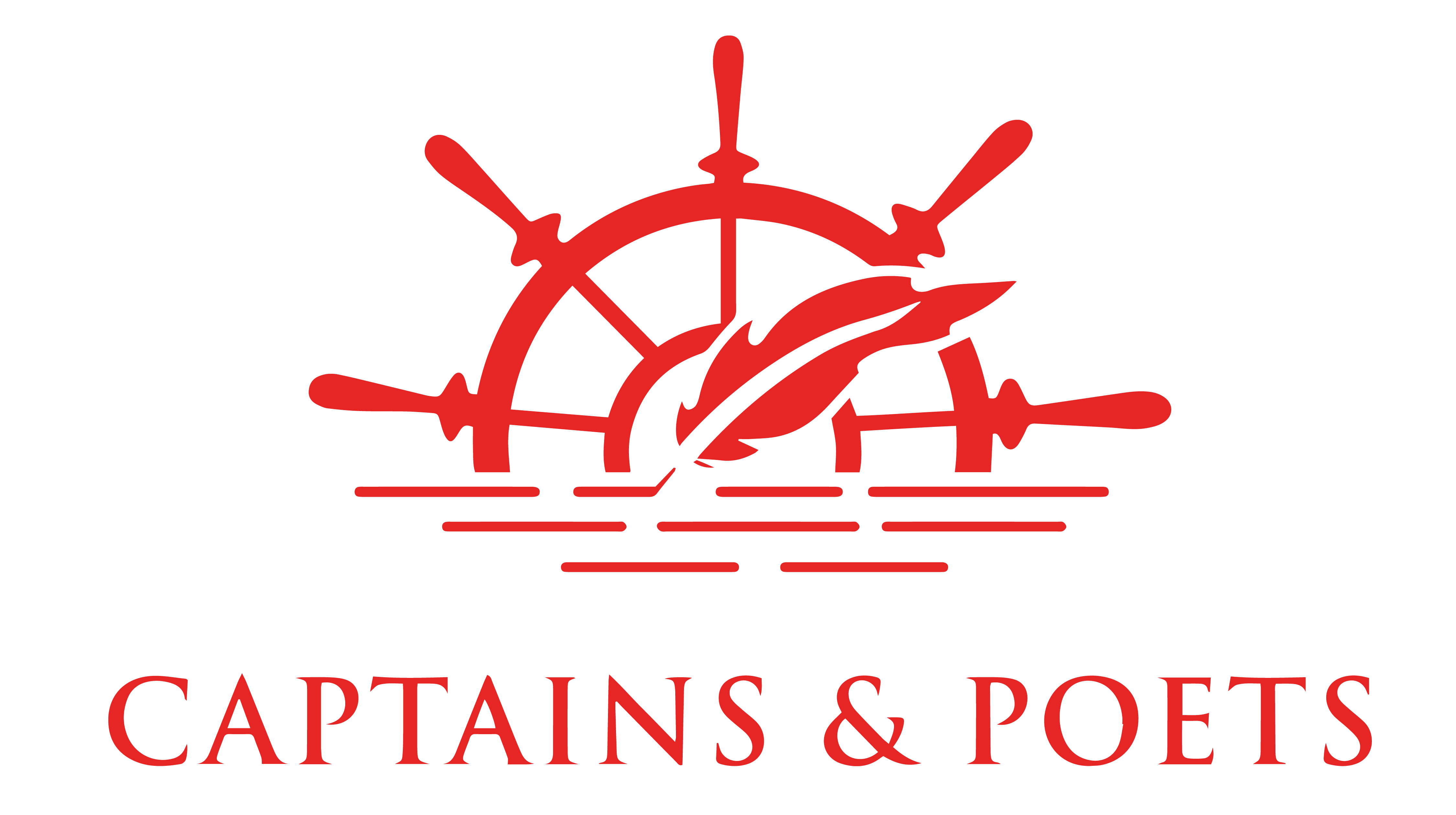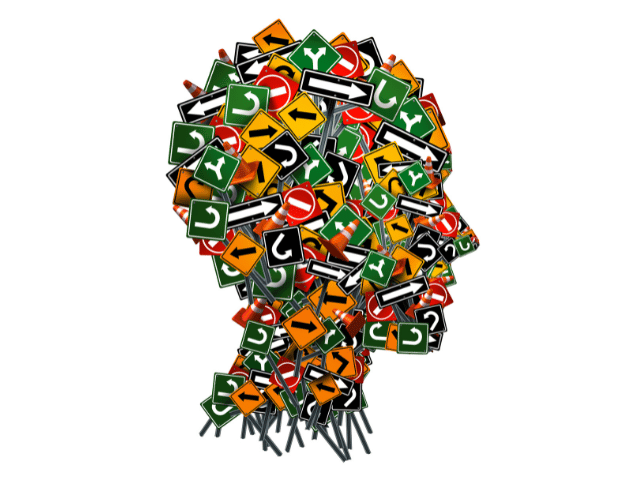by Vicky Essebag
As adults, we can all remember the challenges of peer pressure, navigating relationships, and healthy decision-making during our school years. As parents, we don’t always know how to impart these skills, recognizing that they are a skillset that require experience and that we ourselves continue to build over a lifetime. But what if we could teach our children that they already have the resources they need inside of them to reflect before acting, make decisions independently from their peers, and to be empowered to assert themselves in social situations?
Harnessing the Exploratory Captain
A reflective approach to decision-making may not come naturally to most children, as abstract reasoning typically develops in early adulthood. However, children often engage in explorative play, which is very inquiry-based. The Poet’s imagination and creativity meet the Captain’s orientation to action as they experiment with a variety of learning tasks to make assumptions, take safe risks and safely try again.
Children also get to know themselves during play – conceptually formulating what they like, what they want, what is relevant to them, and how to refine tasks and skills. The Captain and Poet give ready access to self-awareness and fuel self-discovery in different situations. We can help our children to use these critical thinking skills in conversations that explore how they can effectively handle social situations. This relationspace can be open, non-judgmental and free of expectations. In this safe space, children process their thoughts and ideas, and parents help their children recognize the many options available in decision-making.
Building the Poet’s Perspective
As they learn to approach social situations with a reflective stance, children begin to see that there are many ways in which to interpret a situation and to act on it: My Poet may not see things the way my peer’s Poet does; My Captain may handle things differently based on my experience and may make a different choice than your Captain.
They also begin to understand the value of balancing their Captain and Poet by taking the time they need to think before they act. Remember that while they certainly benefit from our guidance, our children also need to know that we trust and believe in their ability to learn how to make meaningful decisions on their own. As we respect their ability to sort out a situation responsibly and resourcefully, they learn to trust themselves and their own choices.
Tapping Into the Captains’ Innate Desire for Agency
Help your children to explore their own ideas by giving them opportunities to share their thoughts and experiences with you. You will find that they creatively generate opinions as you act as a sounding board for them (e.g., listening with interest and without interruption, asking questions to help them clarify their thinking). Show them that you value their thought process by asking how they might address a challenging situation. Rather than a conversation aimed at immediate solutions, you can explore your child’s ideas. Free of expectation, these informal interactions allow you to safely disagree with each other. As you model this supportive relationspace and empower their Captain, your children will be honest with you. They will also come to appreciate their agency in addressing situations and making challenging decisions in the moment. Over time, your children will develop a positive self-concept, and the confidence to express it.
When the Captain Makes Mistakes
When we value learning with our children, we teach them that while successes are great, mistakes provide useful learning opportunities for our Captains. You can explore a learning conversation with your child by engaging their Poet and asking one or any of the following open-ended questions. What can you learn from this situation/issue/problem?
- What do you think about it?
- What do you feel about it?
- What are your best hopes?
- Suppose things had been better, what might be different?
- If you were to try again, what might you do?
- How can you try differently?
- What might be the impact of your actions?
- When the situation is over, how will you feel?
- How will you know?
- What else?
Try to avoid answering the questions. Give your children the time and space to contemplate their answers. Informal conversations that are free of rules and barriers to entry encourage learning.
The Poet as Inquirer
To acquire different perspectives on a decision, your children can ask you and other trustworthy connections (e.g., a grandparent, a relative, a teacher or close family friend). While a peer may seem trustworthy, they may not have sufficient knowledge or experience. And connecting with a myriad of Poets to draw on their wisdom strengthens healthy relationships in their life.
Your children can also explore the topic by reading about it from a variety of different sources. Talk with them about the need to differentiate between appropriate and inappropriate resources. For example, visit the library and select appropriate books together. When searching online, URL’s that begin with EDU or GOV lead to verified educational or government sources, whereas social media platforms are unverified.
Honouring Your Poet’s Emotions
Children are often ruled by their emotions as they make decisions in the moment. For example, taking an uncalculated risk may feel worthwhile to a child who is crashing the party as they are worried about being isolated from the group. Parents can teach children that extreme emotions sometimes cloud our Poet’s inner knowing and challenge our ability to think clearly. Rather than act spontaneously when in a heightened emotional state, the Captain can pause and connect with our emotions.
Encourage your children to imagine their Poet (try using a visual of this part of themselves or a color) that they can instantly call upon, and that will help them to stop and check in on how they’re feeling. How are these feelings showing up in their bodies (throbbing temples, clenching of fists, stomach-ache, sweating, etc.)? By taking a few deep breaths, your child’s Captain will settle down and be able to think more clearly. Emotional self-regulation allows children to manage themselves in the moment and can delay or defer a bad decision.
Help your children to express their emotions verbally. Practice emotional vocabulary (e.g., I’m feeling stressed to have to make a decision right away.) Using the construct of Poet can make it easier to be vulnerable and separate this part of themselves from everything going on around them. And when they can’t identify their specific feeling they can simple acknowledge “My Poet is confused.” Or “My Poet is having a bad day.” Just the acknowledgement of the existence (and therefore importance of this part of themselves) can help them surface what is actually going: “I’m feeling sad about saying ‘no’, but I need to think about this.” I don’t want to disappoint you, but this makes me uncomfortable. I’m afraid that if I say ‘no’ you won’t want to hang out with me anymore. When children tap into their inner Captains to share these types of responses with confidence, their self-awareness encourages others to listen, and to reflect on their own behavior.
It’s an Iterative Process
Even though it may often appear to children that there are few options during challenging social situations, they can prepare for these experiences during informal and reflective conversations with you. With your support, their Poet can explore what might work for them and they can equip their Captain with useful strategies.
Developing the partnership between their Captain and Poet will help them to develop a deeper understanding of who they are, take charge of their response, and create healthy relationships with others.
Vicky Essebag is the Founder of Relationspaces, parenting expert, author and relational communication specialist.
Adapted from: Social Pressures on Children and Youth; Encouraging Critical Thinking in Decision-Making. RelationSpaces Blog

